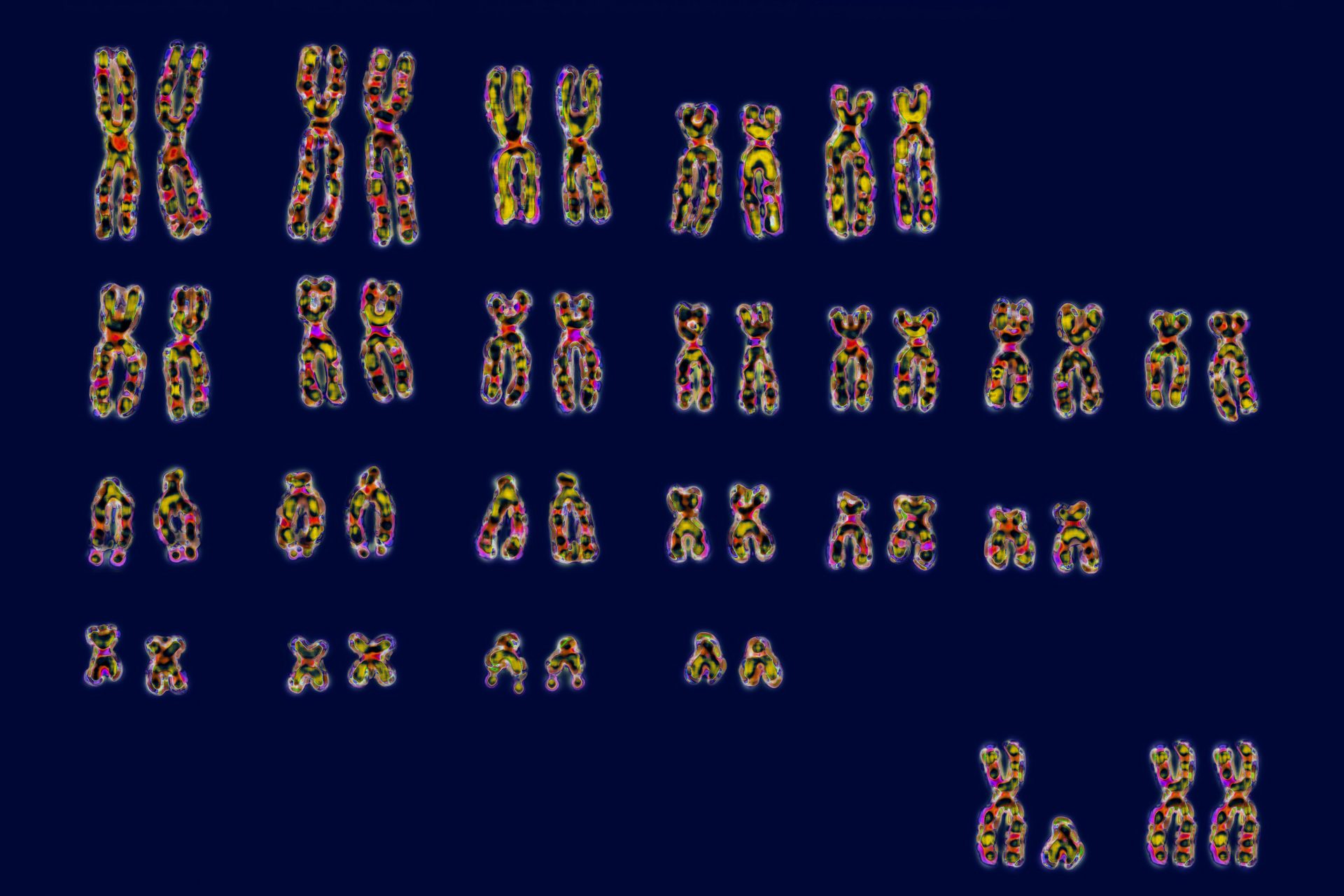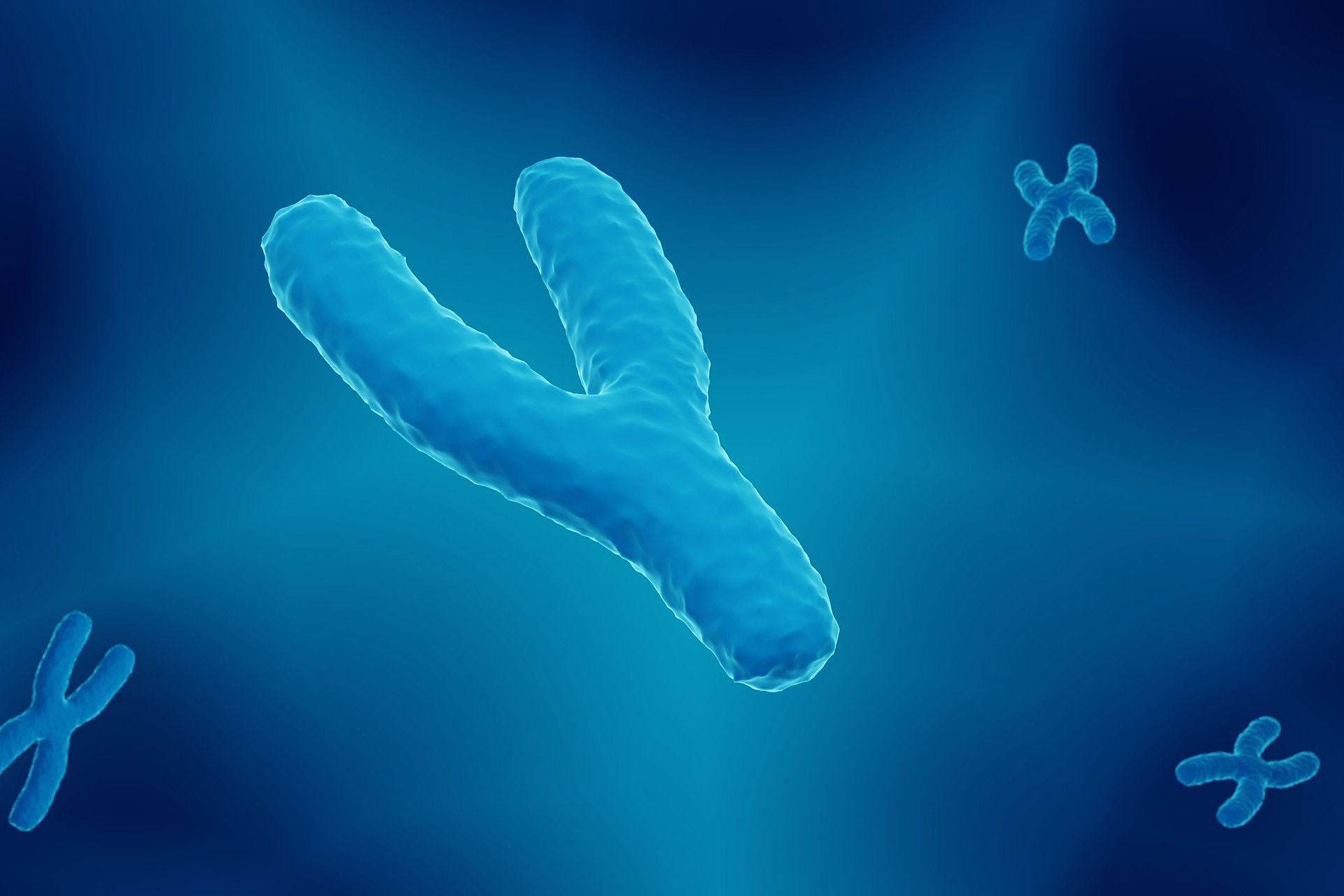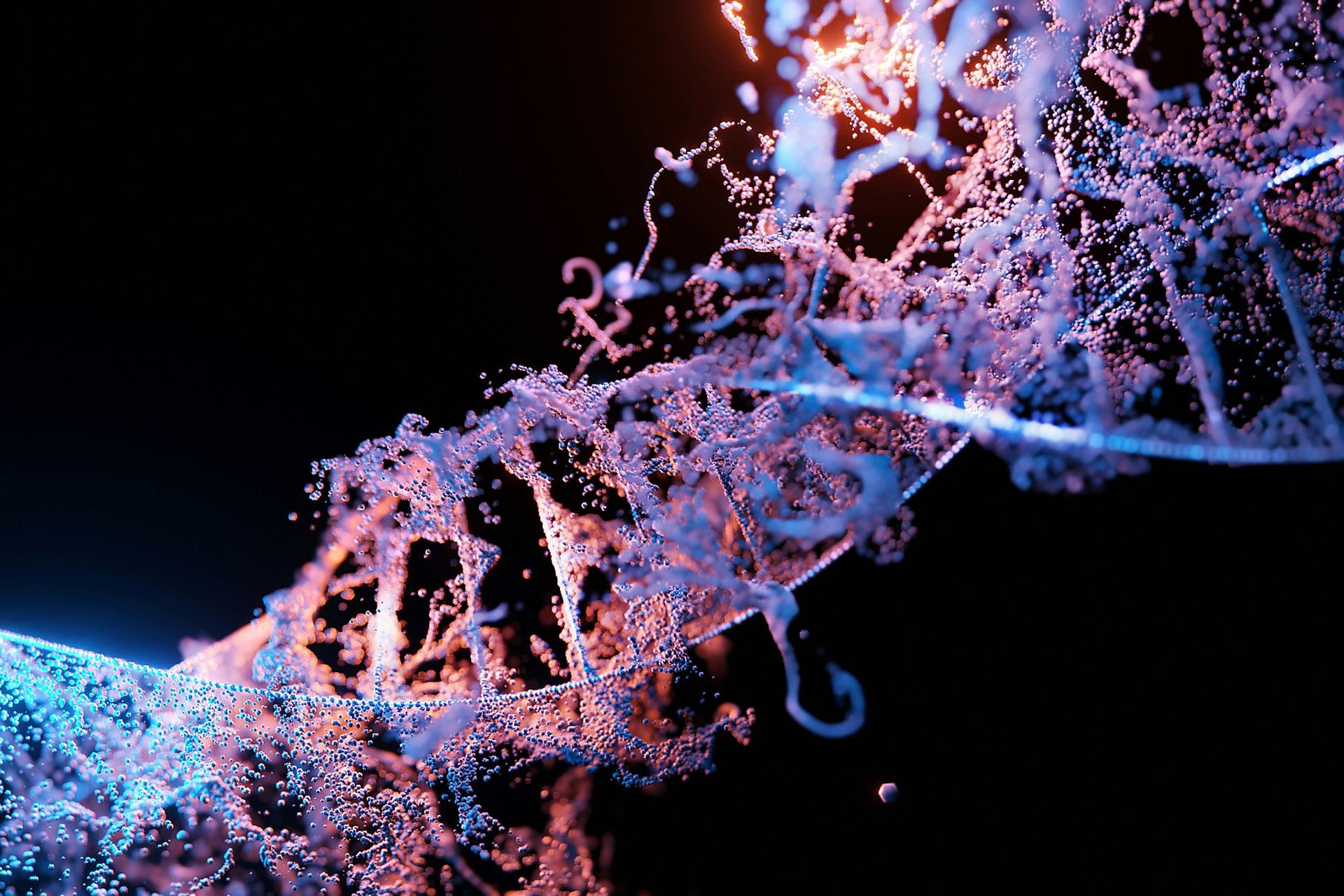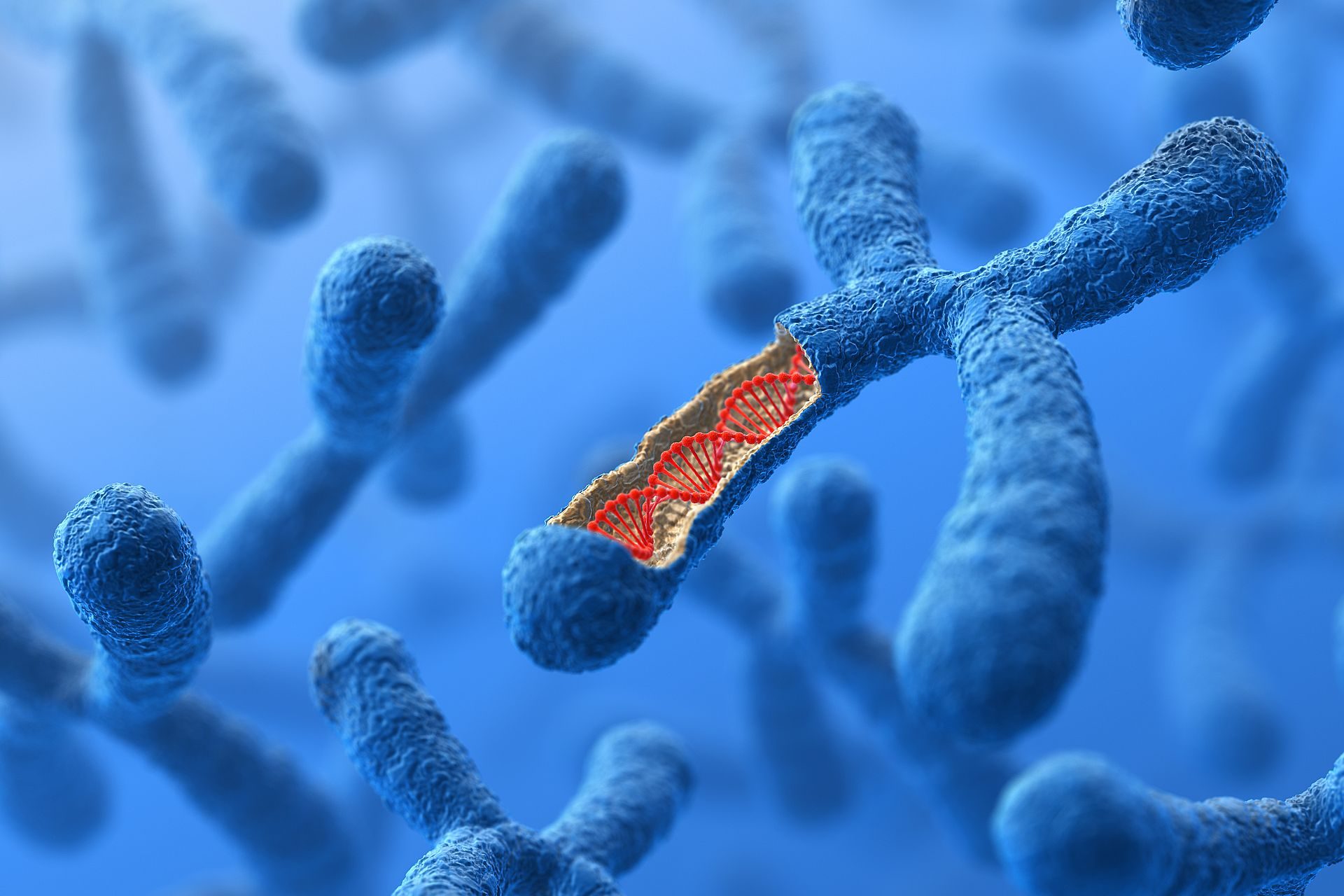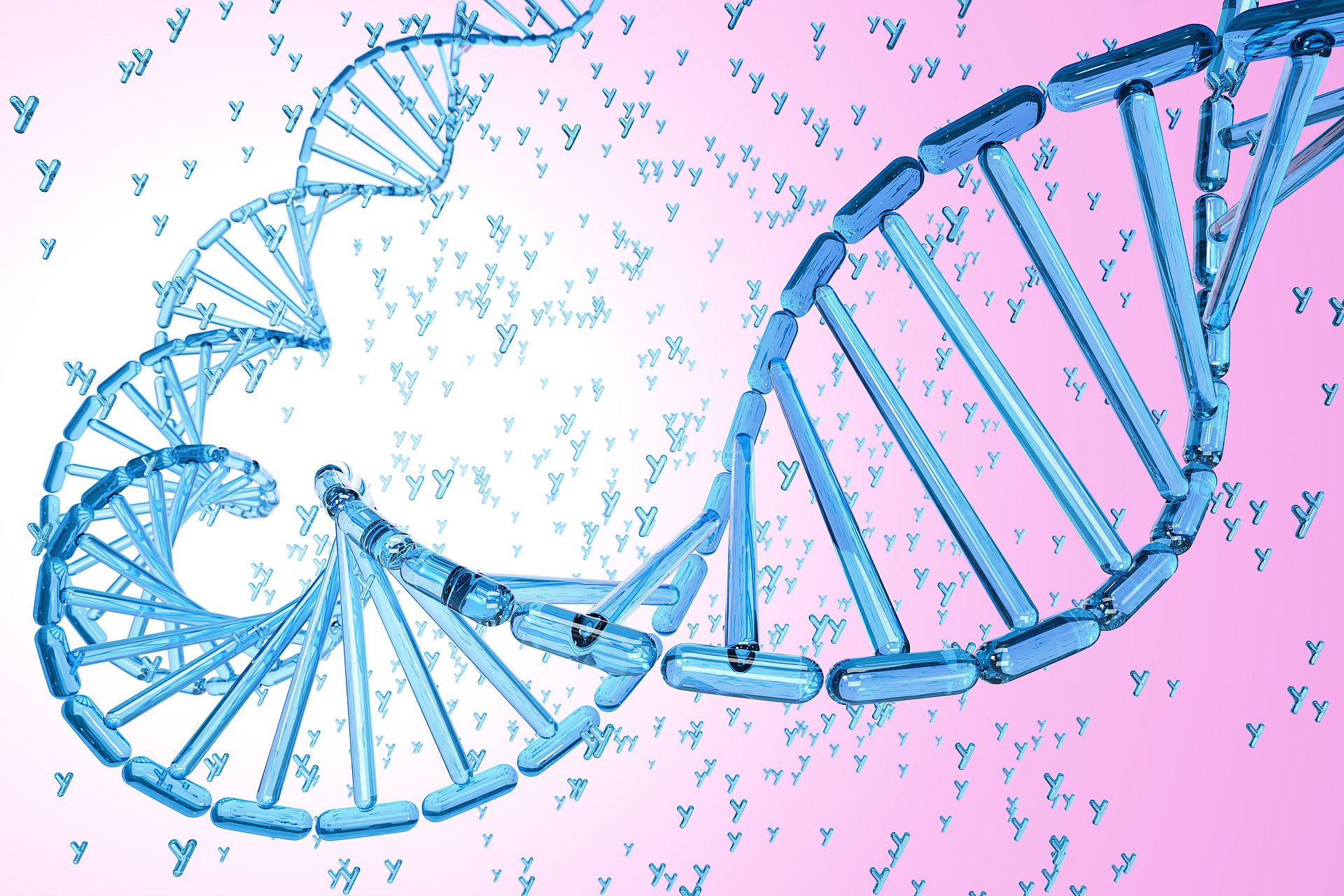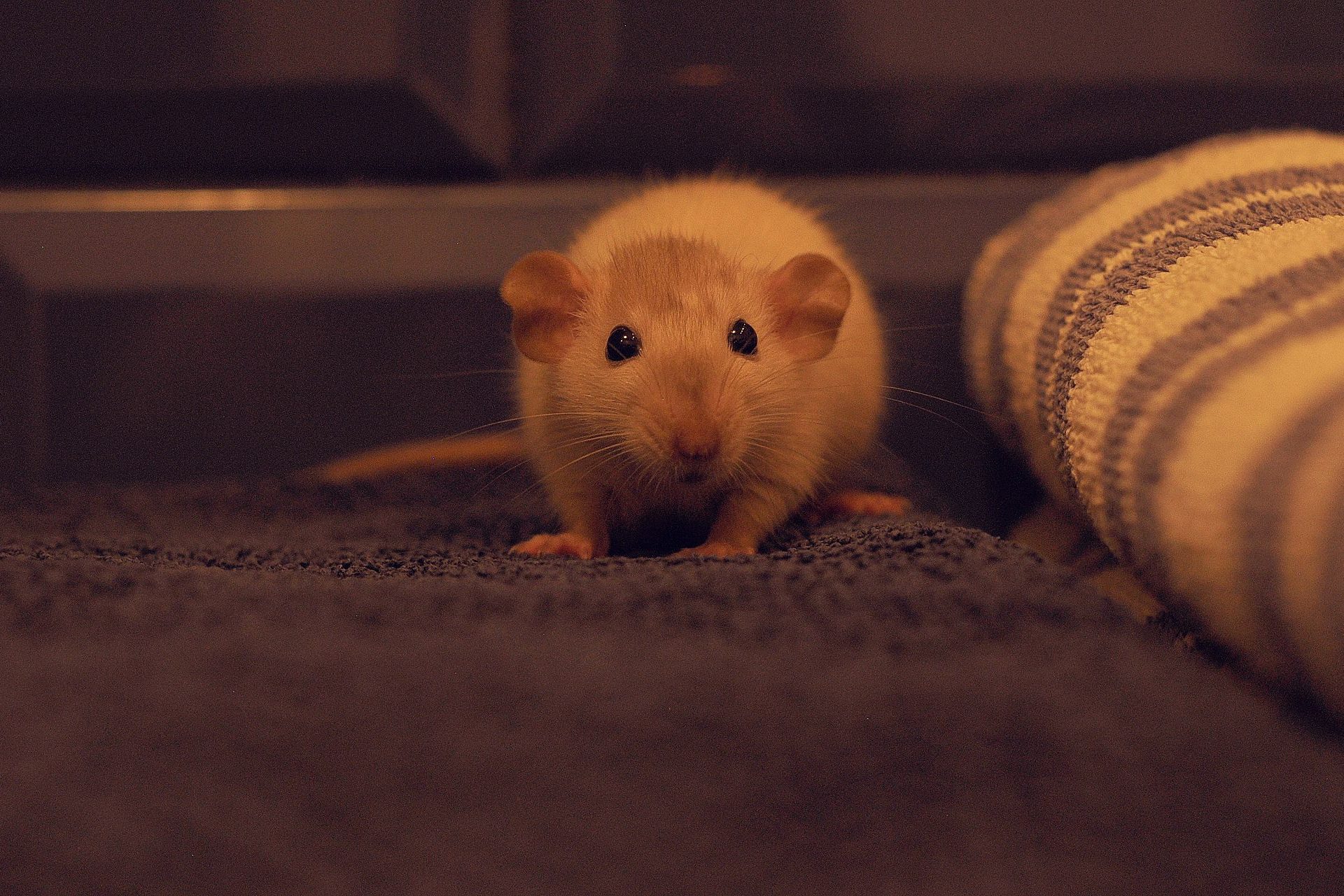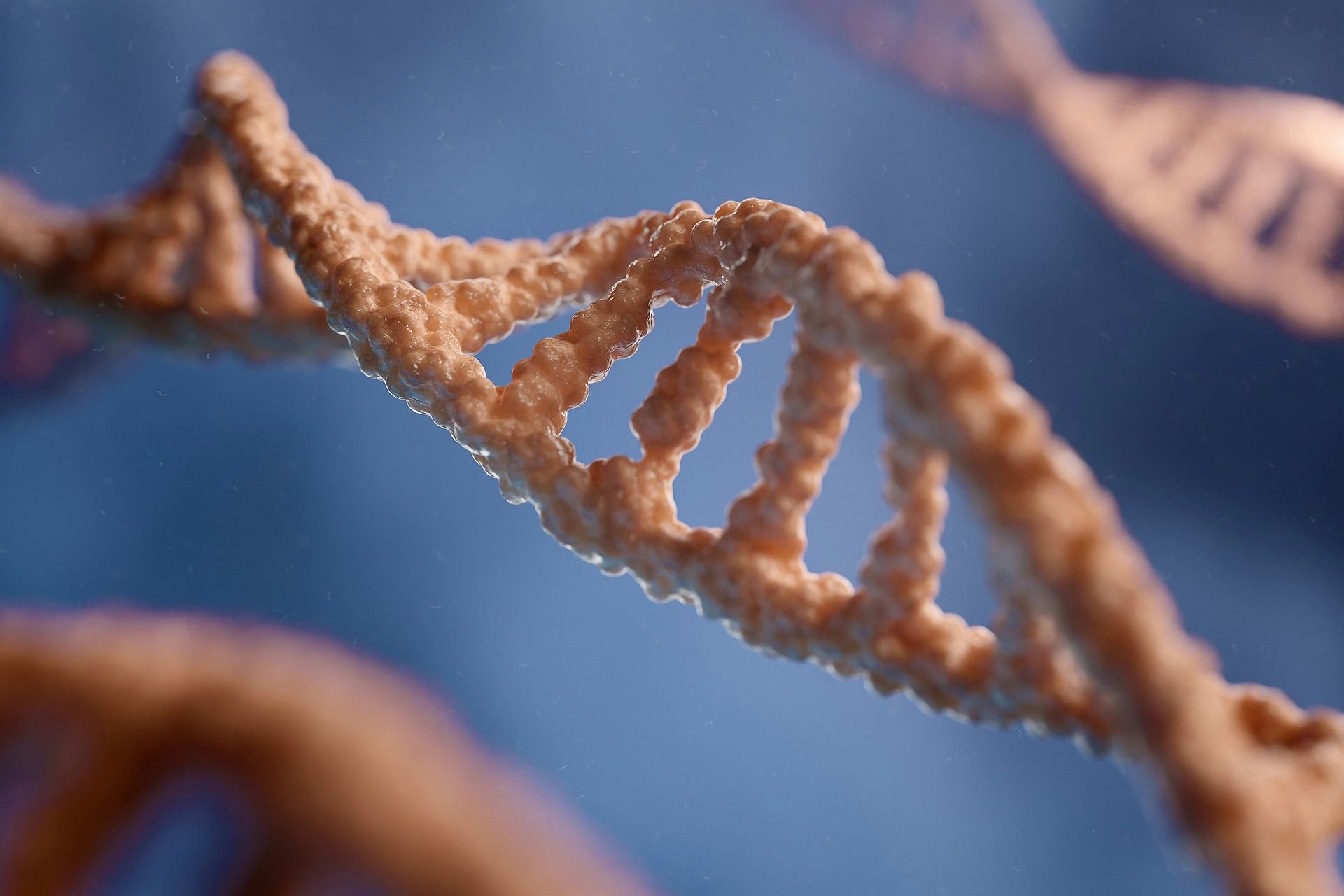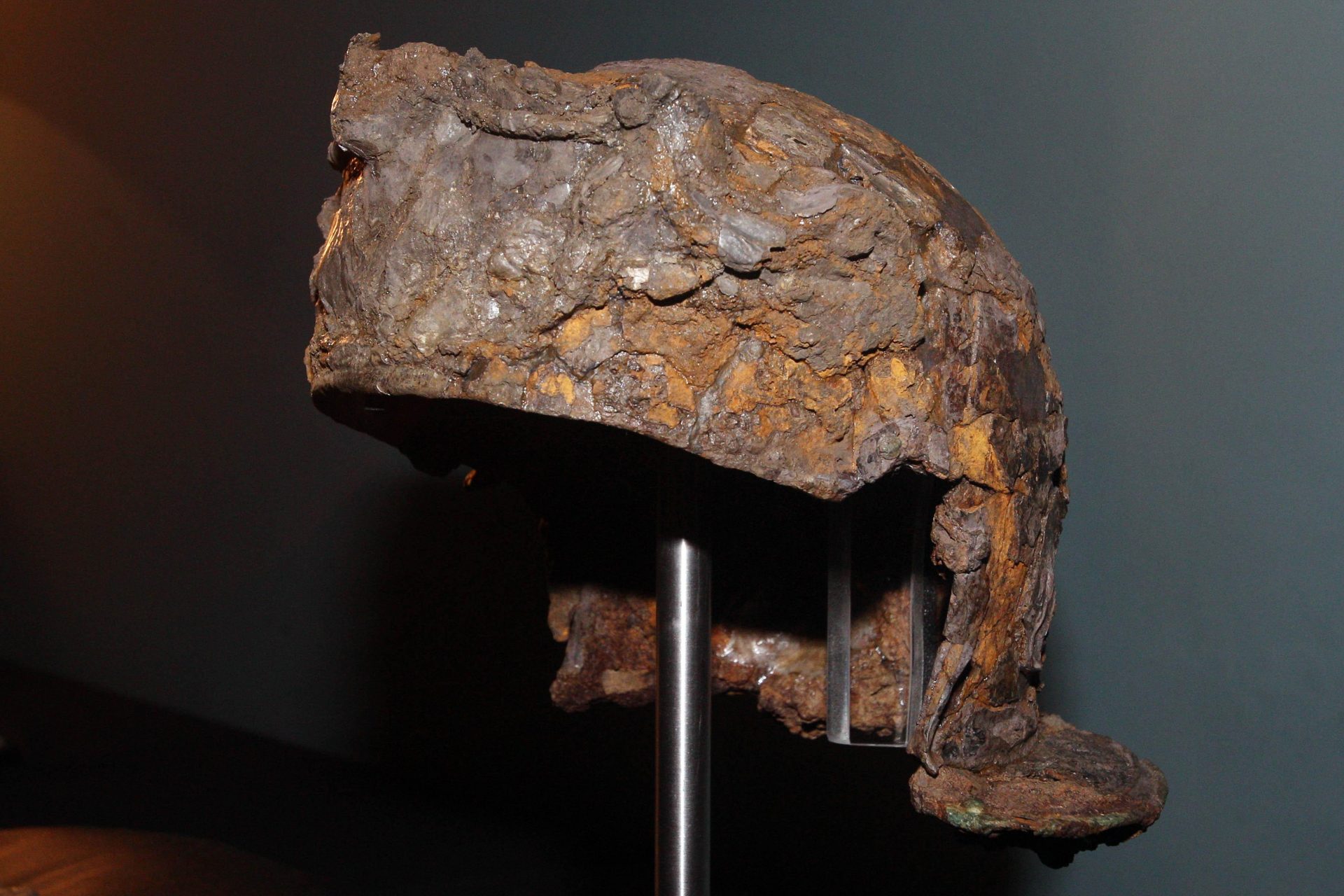Will the human race survive the disappearance of the male Y chromosome?
The Y chromosome containing the gene that determines male gender in humans and other mammals, is on its way out, studies have established, reports The Conversation.
But would this necessarily mean no more men in the world and the extinction of the human race?
Among humans and other mammals, females have two X chromosomes, while males have a single X chromosome and a small Y chromosome.
The good news is that the Y chromosome only present in males could take millions of years to degenerate to the point of non-existence.
Photo: Mubariz Mehdizadeh / Unsplash
The Y chromosome contains a master gender gene called "SRY" – or s** region on the Y – and was identified in 1990.
Photo: Sangharsh Lohakare / Unsplash
The human Y chromosome contains only 55 genes, compared to the X chromosome's 900. This means that the Y must have lost over 800 genes over the course of evolution.
Since this mutation occurred at a rate of five per million years, we would appear to have only 11 million years left before the Y chromosome completely disappears.
The really good news is that Japanese researchers have discovered an alternative mechanism for determining gender among certain rodent species. Their results were published last February in the journal Proceedings of the National Academy of Science .
Photo: Oxana Golubets / Unsplash
Professor Asato Kuroiwa's team from Hokkaido University found that Japanese spiny rats continued to reproduce despite losing their Y chromosome and the SRY gene.
Photo: ja uppendahl / Unsplash
"Researchers have identified a tiny DNA duplication near the SOX9 gene, present only in males," says Futura Sciences. This suggests that nature can develop alternatives to the Y chromosome to maintain reproduction!
Photo: digitale.de / Unsplash
However, the plurality of gender determination systems could lead to a progressive split in a species, resulting in various sub-species of humans and other mammals.
Photo: Andrik Langfield / Unsplash
If humanity survives extinction, will it be able to branch out into several types? This hypothesis, which remains highly speculative, would be like the era when Homo sapiens separated from Neanderthals.
Photo: Adrian Swancar / Unsplash
More for you
Top Stories



